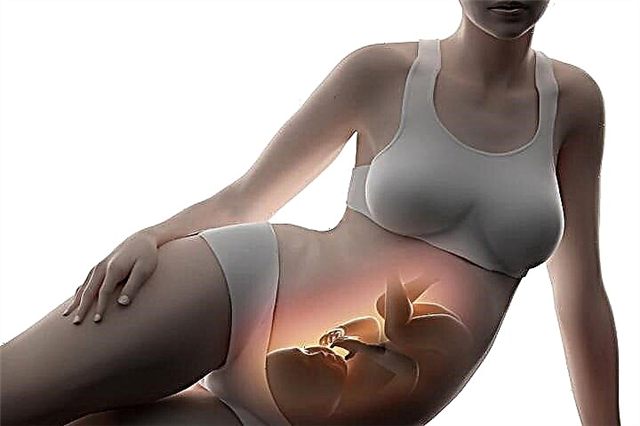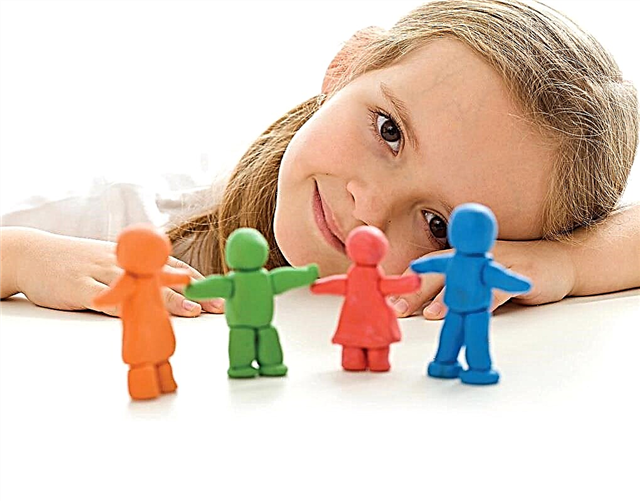
The goal of any mother is the best development of the baby, therefore, worries about the baby having enough nutrition from the mother's breast so often appear in mothers who are breastfeeding a newborn. Let's figure out by what signs you can understand that the baby is not eating enough, why this can happen and what the mother should do.
How to understand this?
Signs that the baby is not eating enough are:
- Insufficient weight gain of the baby. Normally, the baby should gain weight from 500 grams per month.
- A small amount of urination. The lack of milk can be judged by the number of diapers wetted by the child - if there are less than 6-8.
- Inconsistency of the number of sucking movements with the swallowing ones. If the nipple is captured correctly and it is comfortable for the baby to suck, then for about every four sucking movements, the baby will take one sip of milk.
- Hungry crying. The baby often asks for breasts and may even overreact to the approach of the mother, feeling her scent.
- Inactivity, weakness and lethargy of the baby, as well as restless sleep.
- Rare stools.
Excessively dry skin of the baby also indicates a lack of nutrition. Since breast milk is the infant's primary drink and is largely water, an over-eating baby will suffer from dehydration. For more information on how to tell if your baby is getting enough breast milk, read another article.

Causes
Mother's milk may not be enough for a baby due to:
- Stress in a young mother and a difficult emotional situation in the family after childbirth.
- Unsuitable feeding place.
- Mom's poorly balanced and inadequate nutrition.
- The psychological unpreparedness of the mother for breastfeeding, as well as postpartum depression.
- Lack of fresh air and physical activity in the mother, as well as her fatigue and lack of sleep.
- Incorrect feeding technique, in particular, latching to the breast.
- Cracked and sore nipples.
- A runny nose in a baby, as well as colic and trauma to the baby's mouth.
- Flat nipples.
- Over-lactation caused by expression, resulting in the baby receiving a lot of front milk.

What to do?
First of all, a nursing mother who has found signs of malnutrition in a baby should not panic, but take the following measures, which are often enough to solve the problem:
- Adjust your own food. Mom should eat quite often (at least three times a day, and preferably 3-5 times) and it is important to eat in a balanced way, getting enough nutrients.
- Adjust your mom's fluid intake. A nursing mother is advised to drink about 2.5 liters of liquid per day. Often, special teas are recommended to stimulate milk formation.
- Do not eat foods that can impair the taste of milk.
- More walking with the baby in the green area.
- Try to get more rest and get enough sleep. For this, the mother should entrust some of the care of the baby to her loved ones.
- Make sure that the technique for applying the baby to the chest is correct.
- Be sure to feed at night (this is important for the release of hormones that affect lactation).
- Feed the baby on demand.
- Do not add water to your baby, and avoid pacifiers and bottle use.
- Treat cracked breasts in time.
- Pay attention to the convenience of the position in which the mother feeds, as well as the comfortable position of the baby. You can try feeding with a special pillow.
- To stimulate lactation, do breast massage, as well as warm baths for the mammary glands.
- Do not limit the time of sucking the breast with a baby.
- If less than 1.5 hours have passed after attachment, and the baby wants to breast again, give him the same mammary gland for more complete emptying and for the baby to receive "rear" milk.
If such measures do not work and the baby is still poorly gaining weight, excretes little urine and is very restless, the mother should contact the pediatrician.




